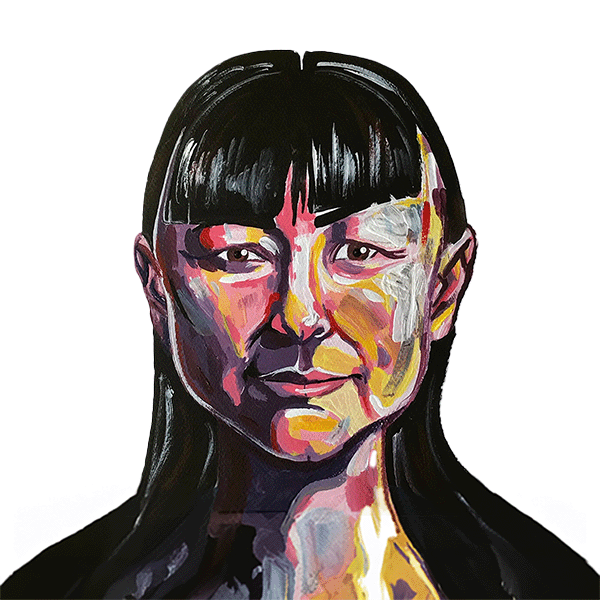2020: All eyes on HR

Organisations and industries are changing faster than ever. CV-19 has meant so many different things for countries, communities, companies, teams and individuals. For businesses all over the world and in the full range of industries. The reality is that change is the only constant.
There are several common denominators created from this situation as well – many of them related to the workforce and workplace. So the rest of the business is looking to those who know people and culture, and are also most adept in handling crisis and change management. It’s HR’s time to shine.
For successful change you need the support of leaders and employees and you must dare to experiment and develop new, efficient ways of working, improving what you can, and letting go of what no longer works.
Dare to go, go first and go fast
Today, employees must adapt to new roles and tasks, while leaders must have the ability to guide the organisation into the future. As HR takes an increasingly central role in all perspectives of organisational development and management, it’s time for us HR professionals to challenge our own ability to quickly adapt and develop, and pressure test our learning agility.
Learning agility
Learning agility is about a person’s ability and willingness to develop and learn new things based on new situations and experiences. It can be about learning new skills, but also being able to change less effective behaviours that you may have previously trusted. Learning agility consists of four dimensions; people agility, mental agility, change and results agility, and self-awareness.
- People agility – having insight into how people are prone to change will be very central now, when leaders need to understand, coach, mentor, challenge and push back on their employees.
- Mental agility – fundamental when managing a crisis but also if you want to be ahead of the curve and lead change rather than to try to stop or slow down what is inevitable.
- Change & results agility – probably not the flavour of the month for all. And maybe it doesn’t have to be either? But the outcome for your business, your people and your end result will be totally different if you embrace this opportunity in time and work proactively with what the new way of working will encounter for your people rather than being reactive.
- Self-awareness is always an important starting point. To drive change successfully and lead the organisation into the future, leaders also need to understand themselves, and their own reactions to change.
You need to be the change. There’s no way you can drive people agility if you haven’t done your homework and gotten onboard with the changes of today, tomorrow and what’s needed even further in the future. And there’s no way you can know all the answers before you start. In the best case, you were quick to react to Covid-19, you over-communicated and dared to put actions into motion before you had all the facts.
If you did well and are continuing to do well with your crisis management, most of your support and offerings have been tweaked and repackaged and you’re off to a good start in this new paradigm of ours – working from anywhere. Many of us have the drive and passion to learn but in this situation, what’s more important is daring to go, go first and go fast.
All eyes on HR
HR has never played a more important role in a paradigm shift. In the earlier big shifts, there was no HR to be talked about. Our work is more important and exciting than ever! There’s much that suggests that we are in the midst of the biggest workplace change during our working lives and beyond. And, I am not talking about digitalisation. It’s more about the speed, the massive forced fast-forward that occurred in all industries and businesses, and what organisations of the whole range of sizes will do with the new opportunities this has presented.
Oftentimes, crises are seen as an opportunity to lead and leadership is an opportunity to change. This time all eyes will focus on HR. The IP and the digital stuff was already there and the rest is very dependent on how you treat your people. If you can manage this situation you can manage anything. And if your people see you managing this situation, it’s a solid trust-gain scenario.
There’s a whole lot of exciting work to be done, and changes to impact. Our lives as HR professionals just got so much more interesting. And, let’s face it, it was never dull!



